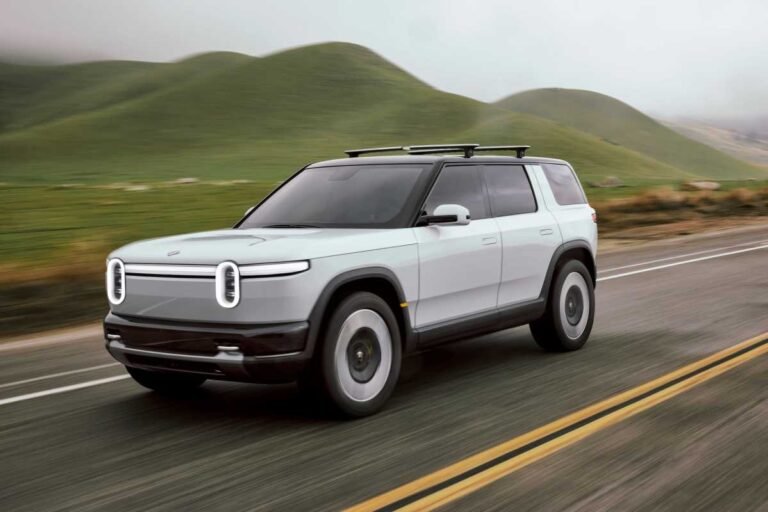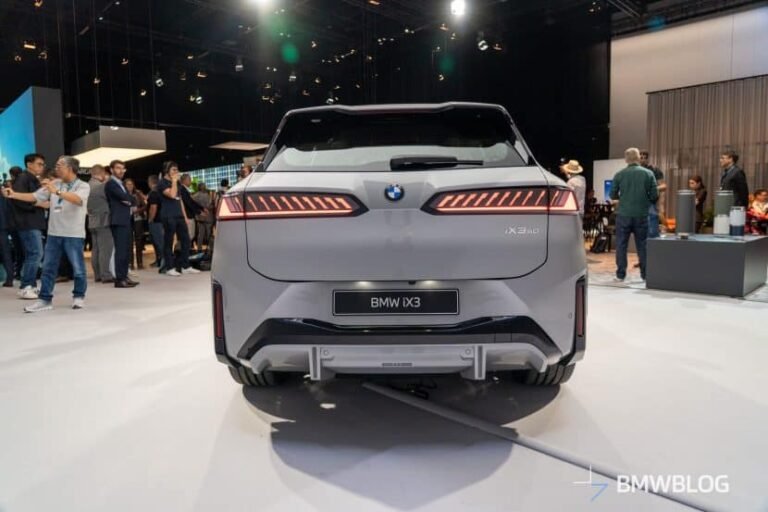

- GM will pause Cadillac Lyriq and Vistiq production starting in December 2025.
- Tennessee plant to operate on one shift with temporary layoffs due to slower output.
- Chevy also delays second shift launch for next-gen Bolt at Kansas City factory.
America’s auto policy is in flux yet again and it’s already messing with production schedules. General Motors is one of the first big names to blink. It will pause production of two electric models in December and scale back output well into 2026, a move that will bring temporary layoffs.
The decision follows policy changes from the Trump administration, which has scrapped the federal EVs tax credit and removed penalties for automakers that miss fuel efficiency targets. With fewer incentives in place, manufacturers have more reason to lean on gas-powered vehicles.
Read: Chevrolet’s Newest EV Sure Looks Familiar
According to a report from Reuters, GM’s production cuts will start in October and November when its assembly plant in Spring Hill, Tennessee, which is responsible for building the Cadillac Lyriq and Vistiq, is shuttered. In December, assembly of the two models will also be paused.
Production at this same plant will also be significantly curtailed through the first five months of 2026. This will force the company to temporarily lay off employees working on one of the two shifts at the plant
Ripple Effects at Other Sites
It’s not just this site in Tennessee that is impacted. GM has reportedly decided to indefinitely delay the start of a second shift at its plant near Kansas City. This site will be home to the next-generation Chevrolet Bolt, which is set to commence production later this year. While this move isn’t expected to impact the launch of the new Bolt, it does mean that The General will not ramp up production as much as it had initially planned.

Sales Momentum Meets Caution
GM’s electric lineup has been gaining traction, with August marking its strongest EV sales month to date at 21,000 units. The thing is, much of that surge is tied to the final days of the $7,500 federal tax credit, which expires at the end of the month. Without that incentive, demand for electric vehicles will likely ease.
The company admitted that changes are less about immediate EV demand and more about preparing for slower overall industry growth. In a statement to Reuters, GM said it is “making strategic production adjustments in alignment with expected slower EV industry growth and customer demand by leveraging our flexible ICE and EV manufacturing footprint.”
Still, executives are keen to emphasize that the automaker is not backing away from electrification entirely or they’re just putting on a brave face. According to GM head of North America Duncan Aldred, “the strength of our ICE portfolio will continue to separate our brands from the pack and give us flexibility and profitability that EV-only companies lack.”



